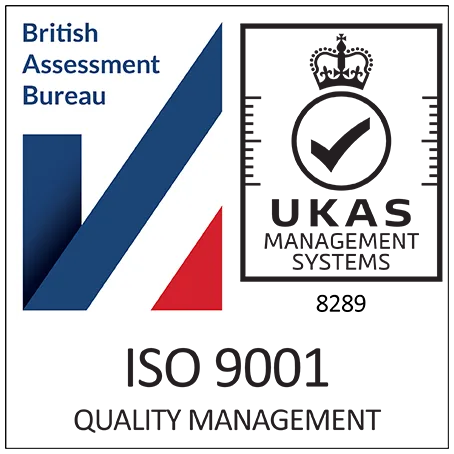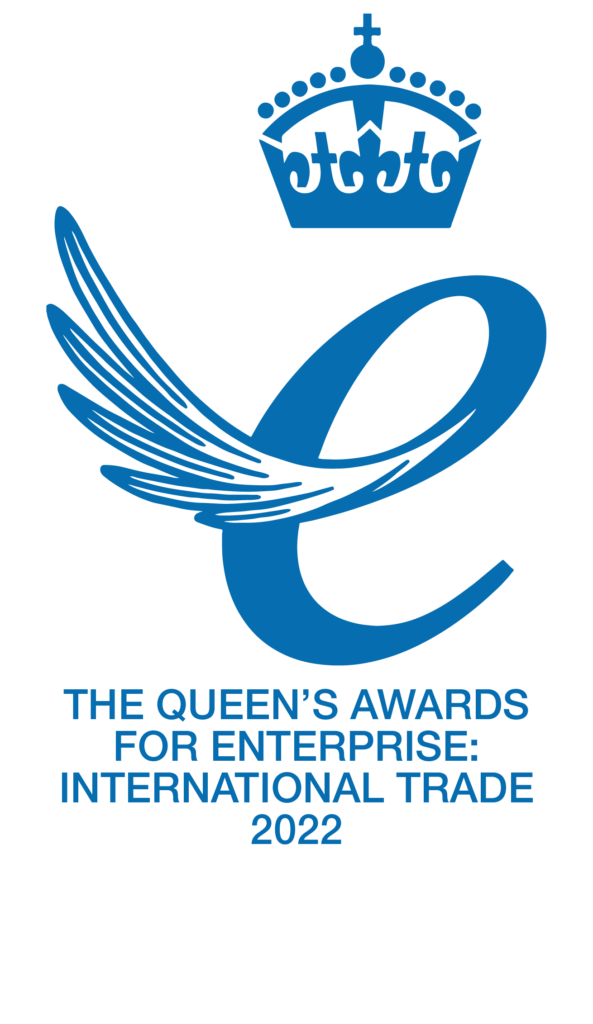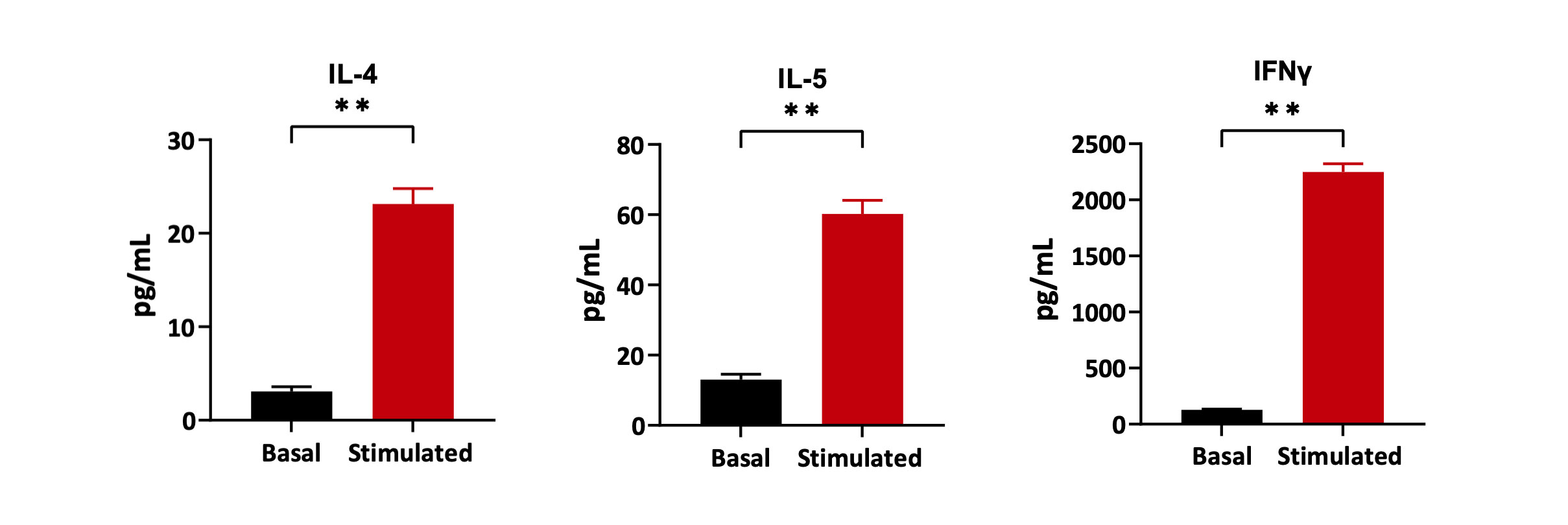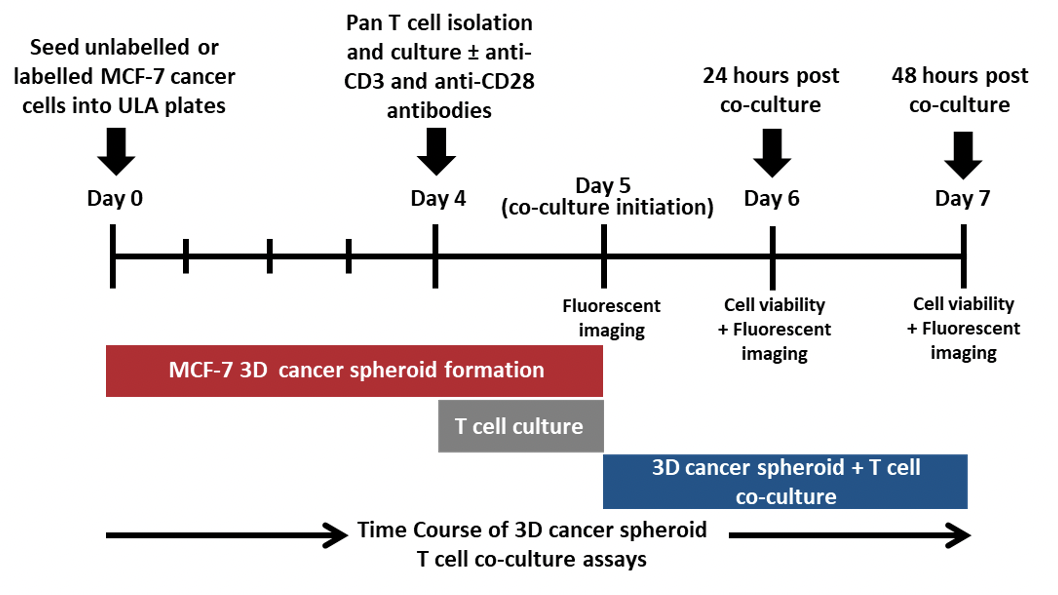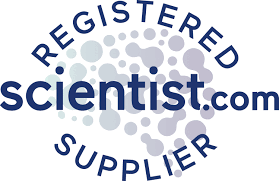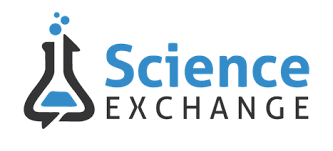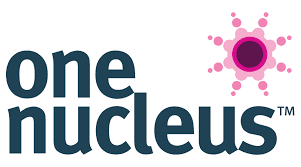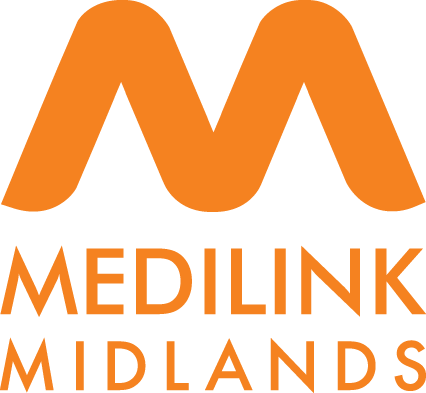T-Cell based assays
T cells coordinate multiple aspects of adaptive immunity throughout life, including responses to pathogens, allergens, and tumours. T cells control multiple insults simultaneously throughout the body and maintain immune homeostasis over decades.
To find out more about how Cellomatics can help with T-cell based assays, get in touch below.
Naïve CD4+ T-cells polarised to T Helper (Th)-2 cells
Naïve CD4+ T-cells polarised to T Helper (Th)-2 cells
Freshly isolated naïve CD4+ T-cells were polarized to Th2 cells by stimulating with anti CD3 for 7-10 days. IL4, IL5 and IFNγ levels were then measured in cell supernatants. Data are expressed as mean ± SEM (n=5) and ** p<0.01.
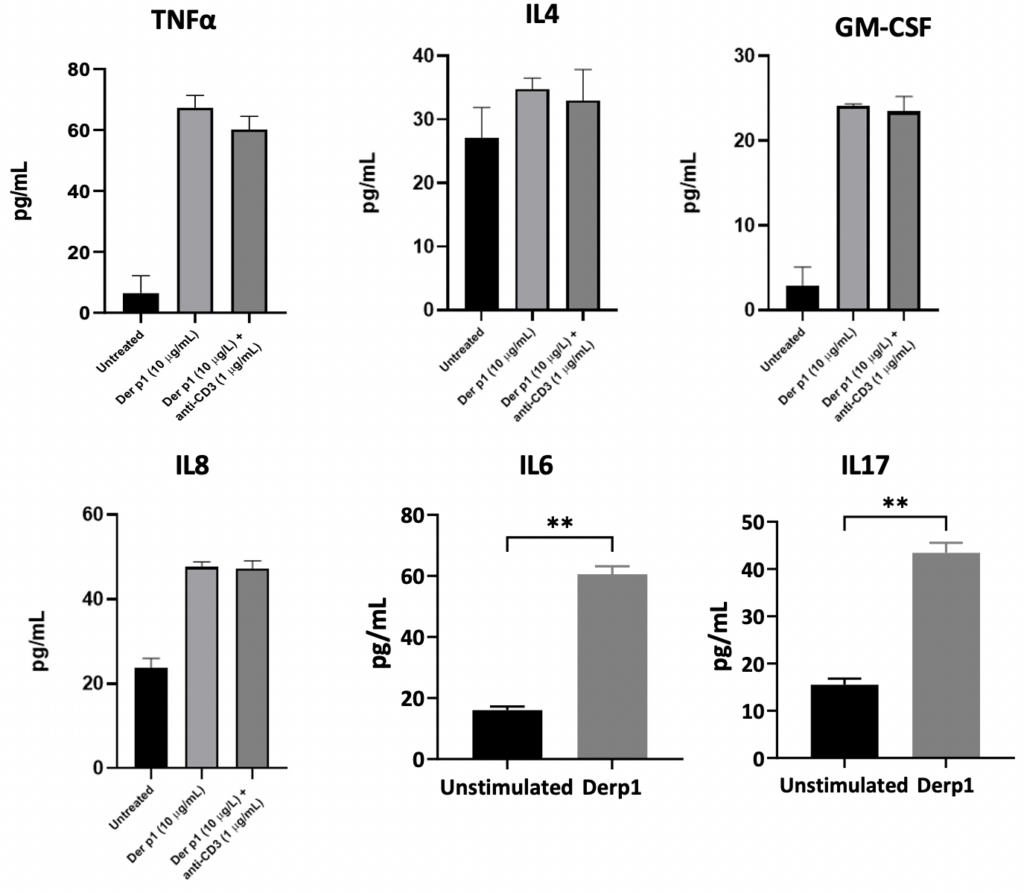
Naïve CD4+ T-cells stimulated with Derp1
Naïve CD4+ T-cells were isolated from the peripheral blood of an Atopic donor and were stimulated with Derp1 (a proteinase from house dust mites) for 5 days. Levels of inflammatory mediators were measured in cell supernatants by multiplex immunoassay. Derp1 stimulation induced a statistically significant increase in the levels of the inflammatory mediators (one-way Anova **p<0.01; mean ± SEM).
T-cell Proliferation
CD4+ T-cells were seeded in U-bottom 96-well plates. Cells were placed under different treatment regimes for 8 days. Cell counts were taken at days 1, 2, 3, 6 and 8. Cells were subjected to the following treatments: unstimulated, stimulated (CD3 & CD28), and stimulated + inhibitor (TGFβ1). Cell viability was analysed for each timepoint using CellTitre-Fluor™ (n=2, mean±SEM).
T-cell Killing
Immune cell killing – MCF7 spheroids/T cells
Assessment of T cell-mediated cytotoxicity towards MCF-7 3D cancer spheroids. A schematic workflow applied to co-culture 3D cancer spheroids and primary human pan T cells to assess T cell-mediating killing of cancer cells.
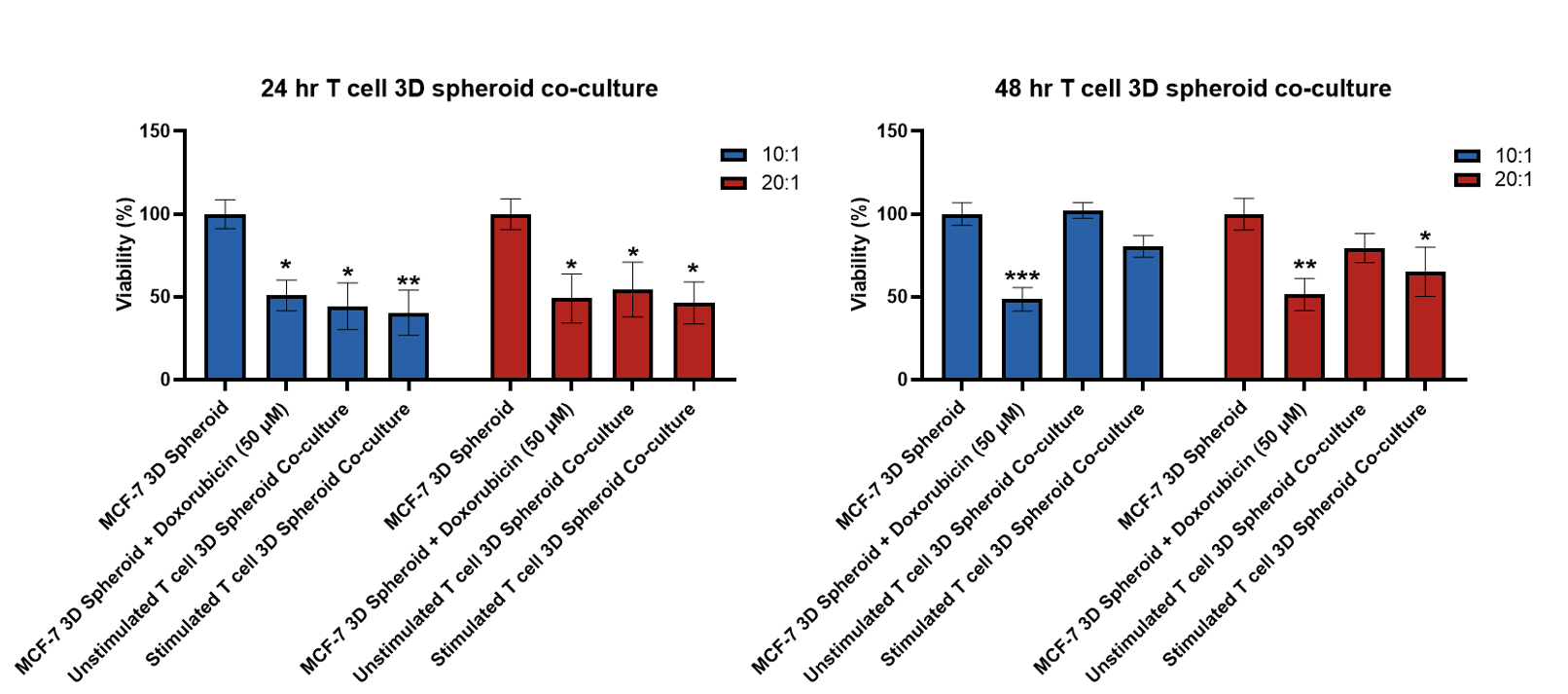
Assessment of T cell-mediated cytotoxicity towards MCF-7 3D cancer spheroids. Unlabelled or labelled MCF-7 cancer cells were seeded into ultra low attachment (ULA) plates and cultured for 5 days prior to co-culture to facilitate 3D spheroid formation. Primary human Pan T cells were isolated from healthy donor blood and cultured for 24 hours in appropriate media with or without anti-CD3 and anti-CD28 stimulation antibodies prior to co-culture. Pan T cells were harvested and counted before being seeded into the ULA plates either alone or in co-culture with the MCF-7 3D spheroids at 10:1 and 20:1 Effector:Target ratios. T cell-mediated cytotoxicity was then assessed by performing the CellTiter-Glo® 3D Cell Viability Assay and measuring the luminescent signal on the GloMax® Discover Microplate Reader. Doxorubicin (50 μM), known to induce MCF-7 cancer cell death, was used in this assay as a positive control for cancer cell death. The percentage viability of 3D spheroids is shown for 24 hours and 48 hours post co-culture.
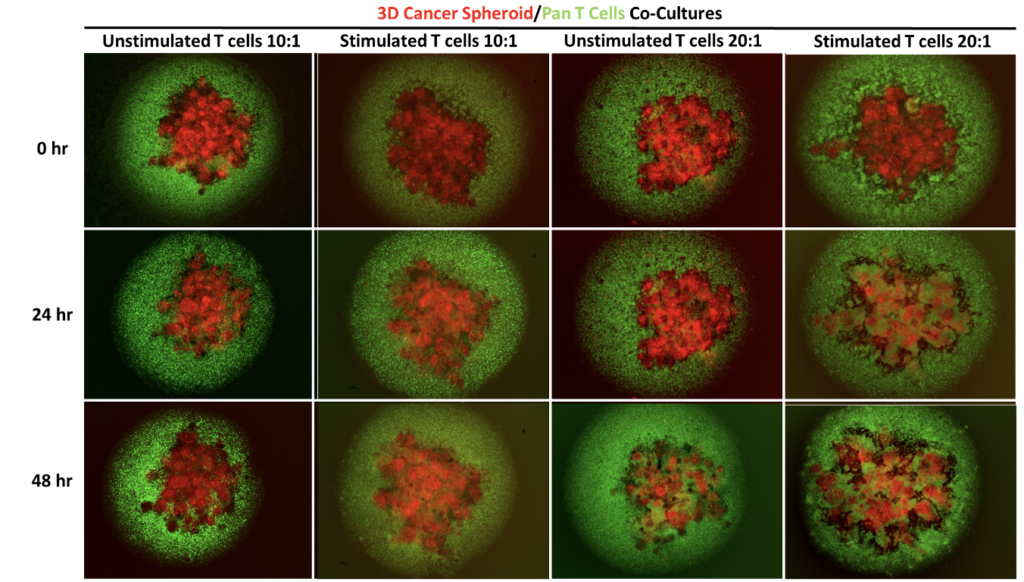
Assessment of T cell-mediated cytotoxicity towards MCF-7 3D cancer spheroids. Unlabelled or labelled MCF-7 cancer cells were seeded into ultra low attachment (ULA) plates and cultured for 5 days prior to co-culture to facilitate 3D spheroid formation. Primary human Pan T cells were isolated from healthy donor blood and cultured for 24 hours in appropriate media with or without anti-CD3 and anti-CD28 stimulation antibodies prior to co-culture. Pan T cells were harvested and counted before being seeded into the ULA plates either alone or in co-culture with the MCF-7 3D spheroids at 10:1 and 20:1 Effector:Target ratios. T cell-mediated cytotoxicity was then assessed. Fluorescent images were taken at 0 hour, 24 hours and 48 hours post-culture to assess T cell migration into the MCF-7 3D spheroids. Pan T cells (green) seeded at 20:1 ratio displays greater infiltration into the MCF-7 3D spheroids (red) compared to those seeded at 10:1 ratio. Data were represented as the mean ± SEM of 3 independent experiments each with 3 replicates.
Request a consultation with Cellomatics Biosciences today
Our experienced team of in vitro laboratory scientists will work with you to understand your project and provide a bespoke project plan with a professional, flexible service and a fast turnaround time.
To request a consultation where we can discuss your exact requirements, please contact Cellomatics Biosciences.

